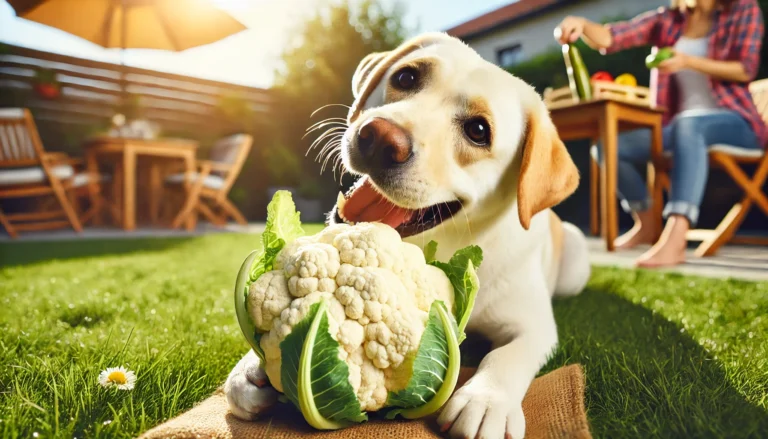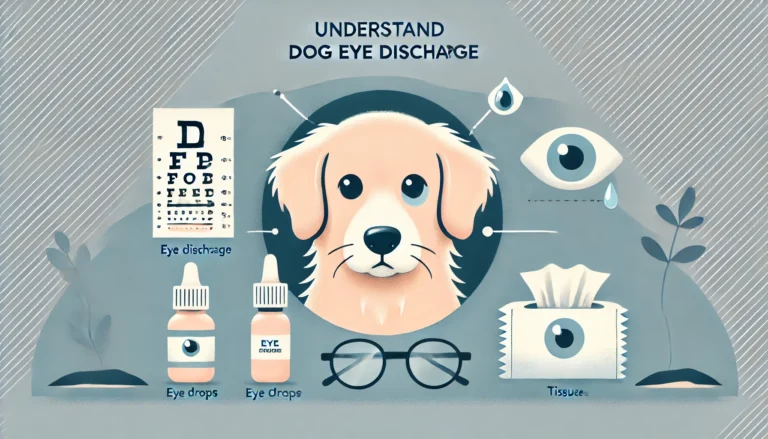10 Proven Tips for Doberman Pinscher Health and Care: Increase Their Lifespan and Happiness
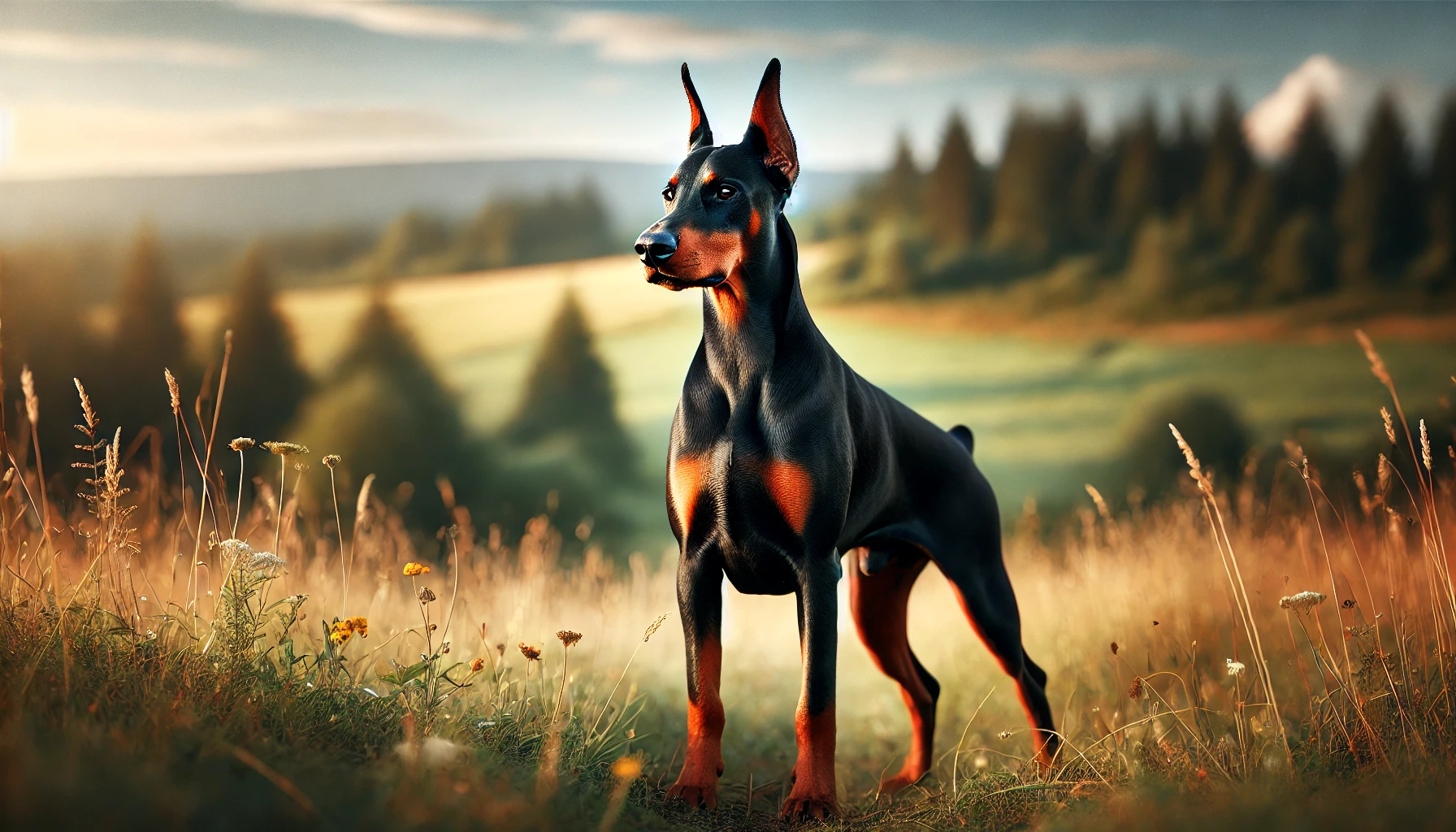
The Doberman Pinscher is a highly popular dog breed known for its sleek appearance, intelligence, and loyalty. These Doberman dogs are natural protectors and make excellent companions, but they require focused care to thrive. Without proper attention to their health and well-being, Doberman health issues can shorten their lifespan. Knowing how to care for them ensures a long and happy life for these energetic pets.
Taking steps to maintain good health is essential to increasing the Doberman Pinscher lifespan. This article will explore proven tips for managing their health, exercise, grooming, and behavior to help you keep your Doberman dog in excellent shape.
Understanding the Doberman Pinscher’s Temperament and Personality
The Doberman Pinscher is known for its alert, intelligent, and fearless nature. These dogs have a strong protective instinct, which makes them excellent guard dogs. However, their Doberman personality extends beyond just being protectors—they are also loyal, loving, and enjoy being close to their families.
Socialization and early training are essential to manage Doberman behavior. When raised properly, Doberman dogs are friendly, obedient, and form strong bonds with their owners. They do well in active households and can be good with children and other pets if trained from a young age.
Many wonder, “Are Dobermans good with cats?” While they have a strong prey drive, early socialization can help them coexist peacefully with cats and smaller animals. Owners should observe interactions closely to avoid any issues.
Key Point
The temperament of a Doberman Pinscher depends largely on early training and socialization efforts.
Common Doberman Health Issues and How to Prevent Them
Like all breeds, Doberman dogs are prone to specific health conditions. Owners need to be aware of these Doberman health issues to detect them early and seek treatment. Regular vet check-ups and preventive care are key to maintaining their well-being and increasing the Doberman Pinscher lifespan.
1. Dilated Cardiomyopathy (DCM)
DCM is a heart condition that affects many Doberman Pinschers. It causes the heart to enlarge, leading to weakness and potential heart failure.
- Prevention: Routine heart screenings can catch early signs. A heart-healthy diet also helps.
2. Hip Dysplasia
This condition involves improper hip joint development, which can cause pain and mobility issues. Though more common in large dogs, Dobermans are at risk too.
- Prevention: Keep your Doberman dog at a healthy weight to avoid stress on the joints. Regular exercise also supports joint health.
3. Bloat (Gastric Dilatation-Volvulus)
Bloat is a life-threatening condition in which the stomach twists, trapping gas. It is a common issue in deep-chested breeds like the Doberman Pinscher.
- Prevention: Feed smaller meals throughout the day, avoid exercise immediately after meals, and monitor eating habits.
4. Von Willebrand’s Disease
This genetic disorder prevents proper blood clotting, leading to excessive bleeding from minor injuries. It is one of the more serious Doberman dog health problems.
- Prevention: Genetic testing can identify carriers. Be mindful of injuries and bruising.
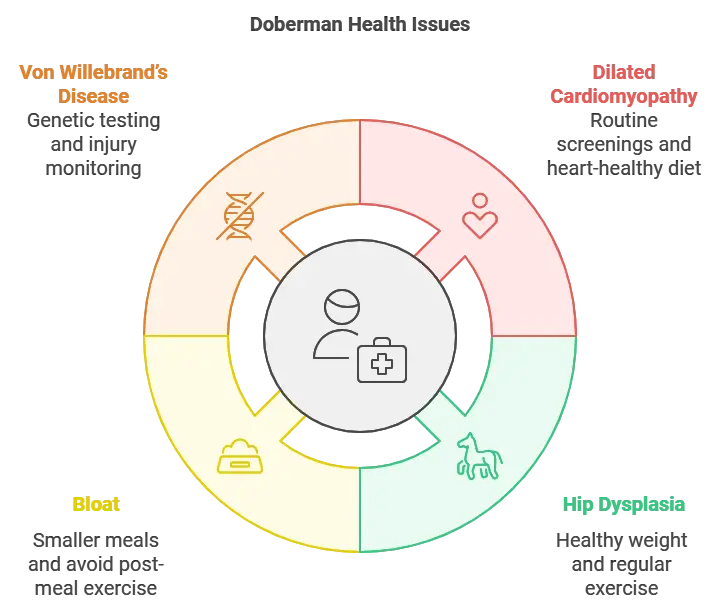
Essential Care Tips to Improve Doberman Pinscher Lifespan
The lifespan of a Doberman Pinscher typically ranges between 10 to 13 years. However, with proper care, these dogs can live longer, healthier lives. Understanding how long Dobermans live and what factors influence their lifespan allows owners to take proactive steps.
Here are essential care tips to extend the Doberman life expectancy:
1. Routine Veterinary Care
Regular vet check-ups are crucial for identifying health problems early. Vaccinations, parasite control, and heart screenings can prevent many serious issues.
- Key point: Preventive care improves the life expectancy of a Doberman Pinscher.
2. Balanced Nutrition
A well-balanced diet is essential to keep your Doberman Pinscher healthy. Poor nutrition can lead to obesity, which stresses the joints and internal organs.
- Tip: Feed age-appropriate food, whether for a Doberman Pinscher puppy or an adult dog.
3. Proper Exercise and Mental Stimulation
Doberman dogs are energetic and need regular exercise to stay healthy. Lack of activity can lead to obesity and behavior problems.
- Recommendation: Daily walks, interactive play, and obedience training keep their minds and bodies active.
4. Weight Management
Maintaining a healthy weight reduces the risk of joint problems and heart disease. Dobermans with an active lifestyle and proper diet have better longevity.
- How to achieve it: Monitor food portions and limit treats.
5. Stress Management and Emotional Care
Dobermans are sensitive dogs and thrive on companionship. They may develop anxiety if left alone for long periods.
- Key point: A happy and well-socialized Doberman dog is more likely to live a longer, healthier life.
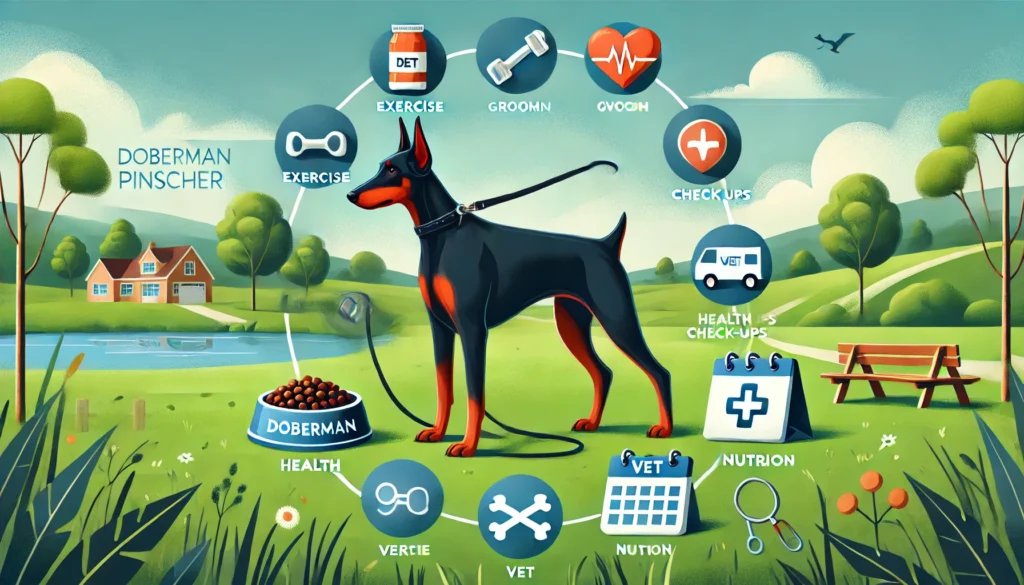
Feeding and Exercise Needs for Doberman Pinscher Dogs
Proper nutrition and regular exercise are critical to ensuring the long-term health of Doberman dogs. These high-energy dogs thrive on balanced meals and daily physical activity to maintain their strength and agility. Whether you have a Doberman Pinscher puppy or an adult, meeting their dietary and exercise needs is essential for increasing their life expectancy.
1. Feeding Guidelines for Dobermans
Nutrition requirements vary between puppy Doberman dogs, adults, and seniors. Puppies need high-quality food rich in protein and fats to support growth, while adults require balanced meals to sustain their energy levels.
- Recommendation: Feed puppies 3-4 small meals a day, while adults do well with two balanced meals.
- Tip: Avoid overfeeding, as obesity can reduce the lifespan of a Doberman dog.
Key point: The right diet ensures steady growth and maintains a healthy Doberman size.
2. Exercise Needs for Doberman Pinscher Dogs
Dobermans are active and athletic dogs that need daily exercise to stay fit and prevent behavior issues. Without enough activity, they may become bored and develop destructive habits.
- Exercise Routine: Aim for at least 1-2 hours of exercise daily, including walks, running, and agility training.
- Mental Stimulation: Interactive toys, obedience training, and problem-solving games keep their minds sharp.
3. Exercise Tips for Puppies and Seniors
- For Doberman Pinscher Puppies: Avoid over-exercising young puppies to protect their developing joints. Opt for shorter play sessions.
- For Older Dobermans: As your dog ages, adjust the exercise routine to avoid strain on joints. Light walks and gentle play are ideal for senior Dobermans.
Did You Know?
Feeding fruits to dogs can be both healthy and enjoyable, but it’s essential to know what fruit can dogs eat safely. While many fruits provide important nutrients, some can cause health problems. Offering fruits like apples or strawberries can be a great way to boost a dog’s diet, but others—like grapes—are dangerous.
Grooming and Coat Care for Doberman Dogs
The sleek coat of the Doberman Pinscher requires relatively low maintenance, but regular grooming helps keep them comfortable and healthy. Although these dogs don’t shed excessively, consistent grooming routines prevent skin issues and promote a shiny coat.
1. Brushing and Shedding Control
The short coat of Doberman dogs only needs brushing once or twice a week to remove loose hair and keep it looking neat.
- Tip: Use a soft bristle brush or grooming mitt to avoid skin irritation.
- For Red and Brown Doberman Pinschers: Their coat color tends to show dirt easily, so regular brushing helps maintain cleanliness.
2. Bathing Routine
While Dobermans are generally clean dogs, they still need occasional baths, especially after outdoor activities.
- How often: Bathing once every 6-8 weeks is sufficient unless your dog gets dirty frequently.
- Key point: Use dog-safe shampoo to protect their skin from dryness.
3. Ear Cleaning and Dental Care
- Ears: Clean the ears weekly to prevent infections. This is essential, especially for Dobermans Pinschers prone to ear issues.
- Teeth: Brush their teeth regularly or provide dental treats to prevent tartar buildup and bad breath.
4. Nail Trimming
Active Doberman dogs may wear down their nails naturally, but occasional trimming is necessary to prevent discomfort. Long nails can affect their movement and cause injuries.
- Key point: Trim nails every 3-4 weeks or as needed.
Training and Socialization to Manage Doberman Behavior
Doberman Pinschers are intelligent, loyal, and naturally protective dogs. However, without proper training and socialization, their strong-willed nature can lead to behavioral issues. Early training helps mold a well-behaved, confident, and social dog.
1. Start Training Early
Training should begin when the dog is still a Doberman Pinscher puppy. Puppies are more adaptable and easier to train. Teaching basic commands like sit, stay, and come sets the foundation for more advanced training.
- Key point: Early training prevents unwanted Doberman behavior such as jumping or excessive barking.
2. The Importance of Socialization
Many people ask, “Are Dobermans aggressive?” Without early socialization, they might develop territorial behaviors. Introducing them to different people, pets, and environments from a young age ensures they grow into friendly, well-adjusted dogs.
- Tip: Supervise interactions with smaller pets to prevent accidents, especially if you’re wondering, “Are Dobermans good with cats?”
3. Obedience and Mental Stimulation
Obedience training strengthens the bond between you and your dog while providing mental stimulation. Teaching tricks or enrolling them in agility courses engages their active minds.
- How to do it: Use positive reinforcement techniques, such as treats and praise, to encourage good behavior.
4. Managing Separation Anxiety
Dobermans are known to develop separation anxiety when left alone for extended periods. This can lead to destructive behaviors, such as chewing furniture or digging.
- Solution: Provide toys or puzzles to keep them busy and gradually train them to be comfortable on their own.
Conclusion
The Doberman Pinscher is a loyal and intelligent breed that thrives with proper care, attention, and training. Managing Doberman health issues early, maintaining a balanced diet, and providing daily exercise are essential to improving their quality of life. Grooming routines and preventive care, such as vet check-ups, help extend the Doberman Pinscher lifespan and prevent health complications.
Whether you have a Doberman Pinscher puppy or an adult, training and socialization play a vital role in shaping their behavior and temperament. With the right care, these energetic dogs can become loving family members who live long and happy lives.
Key point: Proper care, grooming, and training can positively impact the lifespan of a Doberman Pinscher, making them wonderful companions for many years.
FAQs
1. How long does a Doberman live?
A Doberman Pinscher typically lives 10 to 13 years, but good care can extend their lifespan.
2. What is the lifespan of a Doberman Pinscher?
The lifespan of a Doberman dog varies, with some living up to 15 years if they remain healthy and active.
3. How can I prevent Doberman health problems?
Regular vet visits, a balanced diet, and early detection of issues like heart disease and bloat can prevent many Doberman dog health problems.
4. Are Dobermans good with cats?
With early socialization, Doberman dogs can live peacefully with cats, but supervision is recommended to ensure safety.
5. How big do Doberman Pinschers get?
The size of a Doberman Pinscher ranges between 24-28 inches in height, with males being slightly larger than females.




